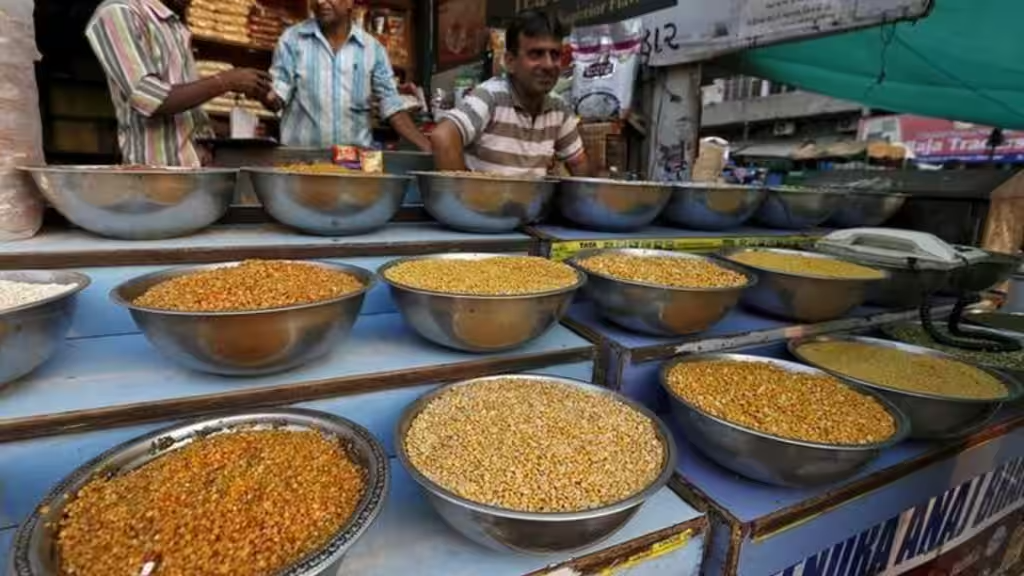After signing memorandum of understandings (MoUs) with Mozambique, Malawi and Myanmar for importing pulses, India has approached Argentina and Brazil for deals under which the South American countries will undertake to grow tur and urad varieties with an obligation to export the products to India.
Sources told FE that discussions have been initiated with Argentinian authorities for growing pulses varieties which India imports in substantial quantities.
Rohit Kumar Singh, secretary, department of consumer affairs recently held discussion with Argentina ambassador in India Hugo Javier Gobbi for growing pulses in the South American country.
Officials said that the government is aiming to reduce the import dependence of pulses varieties from a few countries.
The domestic consumption of pulses in South American countries is small while pulses such as urad and tur can be grown in these countries because of conducive weather conditions and are likely to be grown there for the purpose of exports to India, an official said.
This year, India has imported 2.28 million tonne (MT) of pulses – 1.08 MT (lentil), 0.77 MT (tur or pigeon pea) and 0.42 MT (urad or black gram) mostly from Australia, Canada, Myanmar, Mozambique, Tanzania, Sudan and Malawi so far.
Brazil annually produces 3 MT of varieties of beans – black, copea and mungo which is enough to meet domestic demand as well as some exports to Vietnam, Pakistan and Egypt.
In addition, India is also exploring the possibility of growing pulses, especially tur and urad in Ethiopia and Tanzania to boost domestic supplies.
Earlier, India had signed an MoU with Mozambique for import of 0.2 MT of arhar annually for five years when the retail prices of tur skyrocketed to `200 a kg in 2016. This MoU was extended for another five years in September, 2021.
In 2021, India entered into MoUs with Malawi and Myanmar for the import of 50,000 tonne and 0.1 MT of tur per annum, respectively, till 2025.
ALSO READ
Economists revise FY24 GDP forecasts by up to 0.8% after strong Q2
Out of a record pulses production of 26.05 MT in 2022-23 crop year, chana (gram) has a share of 50%. The country has been self-sufficient in chana and moong varieties of pulses.
“Despite record production of pulses, there has been a gap between demand and supply of pulses in the country as its key source of protein for a large vegetarian population,’ an official said.
Currently, the government has abolished import duties on three varieties of pulses – tur, lentil and urad for curbing rise in prices due to domestic shortfall in production.
According to an estimate about 15% of domestic consumption of pulses is met through imports.
The retail inflation in ‘pulses and products’ category in October rose to 18.79% year-on- year mainly due to sharp spike in prices of arhar (40.94%), gram (11.16%) and moong (12.75%).
MORE STORIES ON
Get live Share Market updates, Stock Market Quotes, and the latest India News and business news on Financial Express. Download the Financial Express App for the latest finance news.
Follow us on

